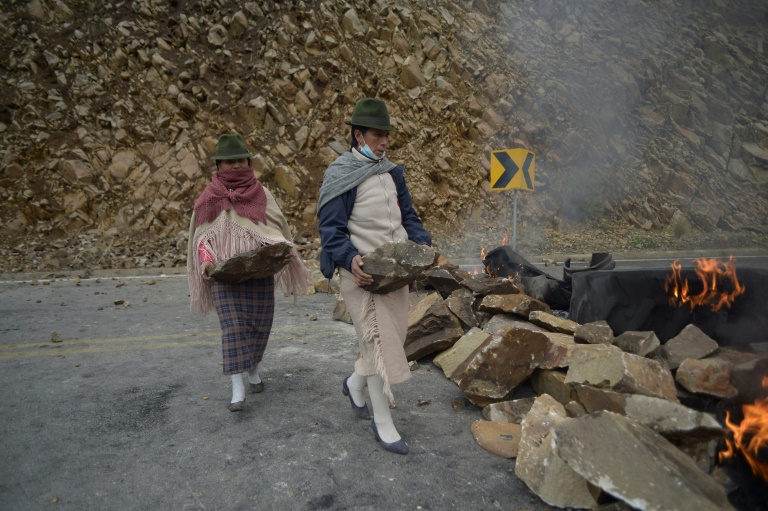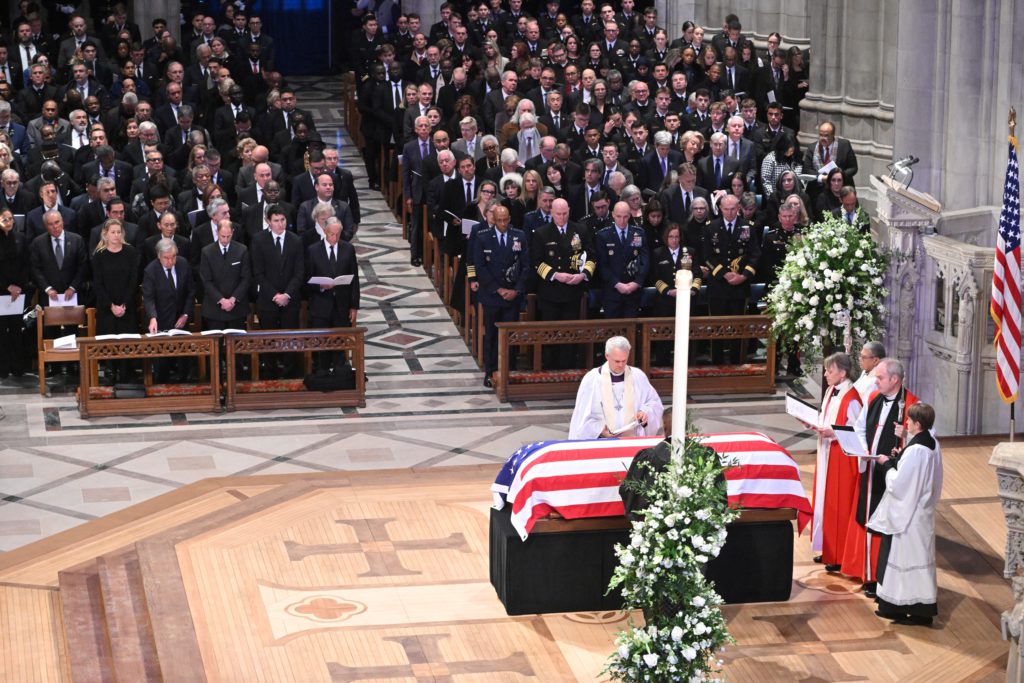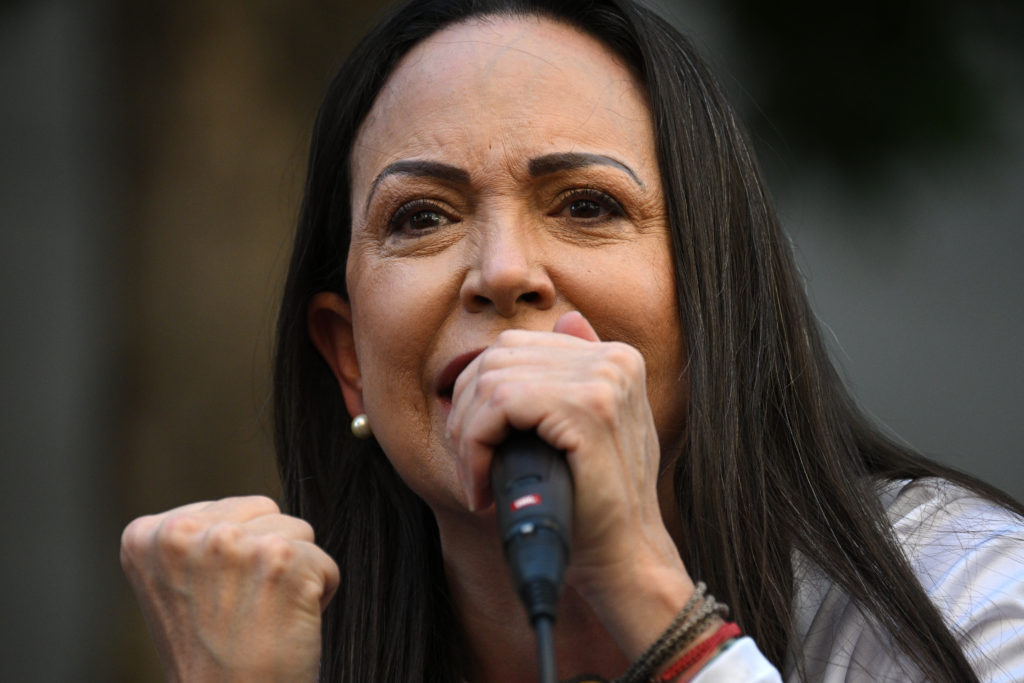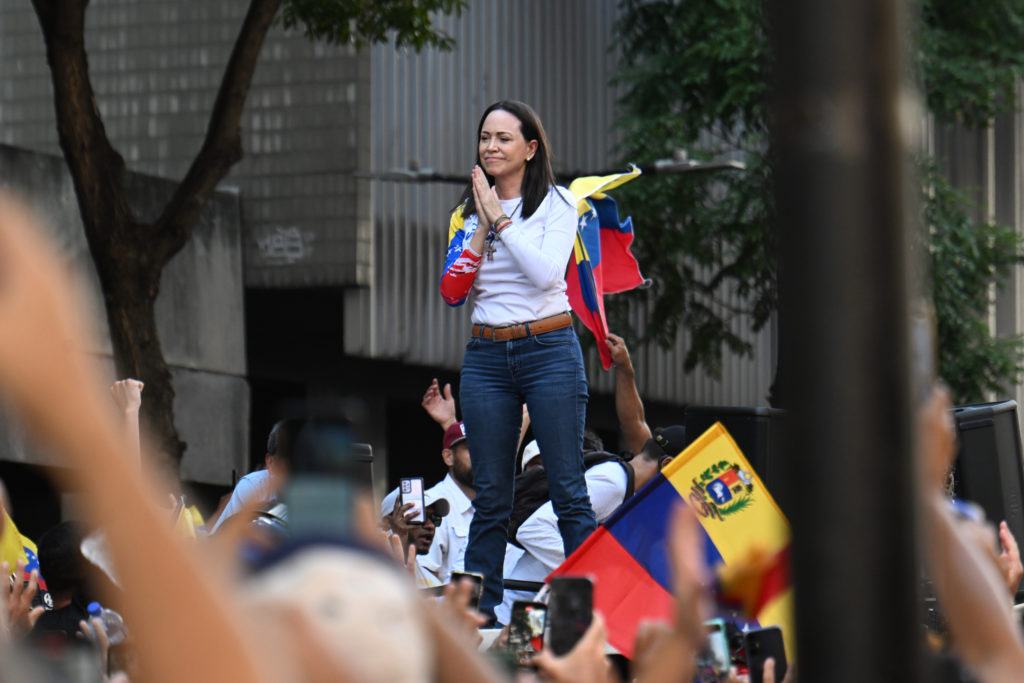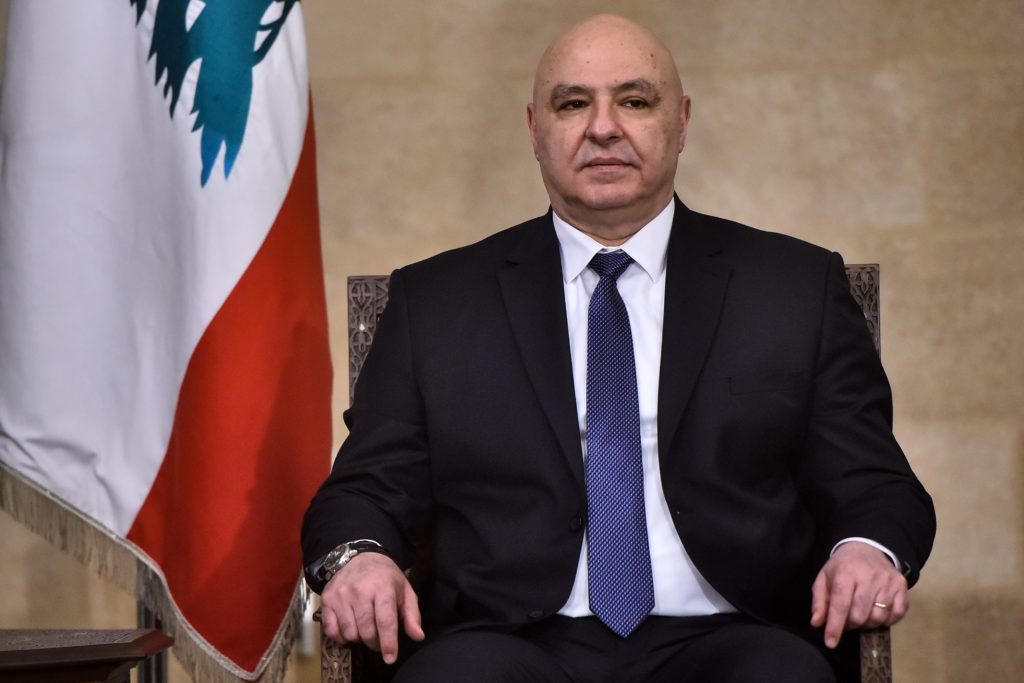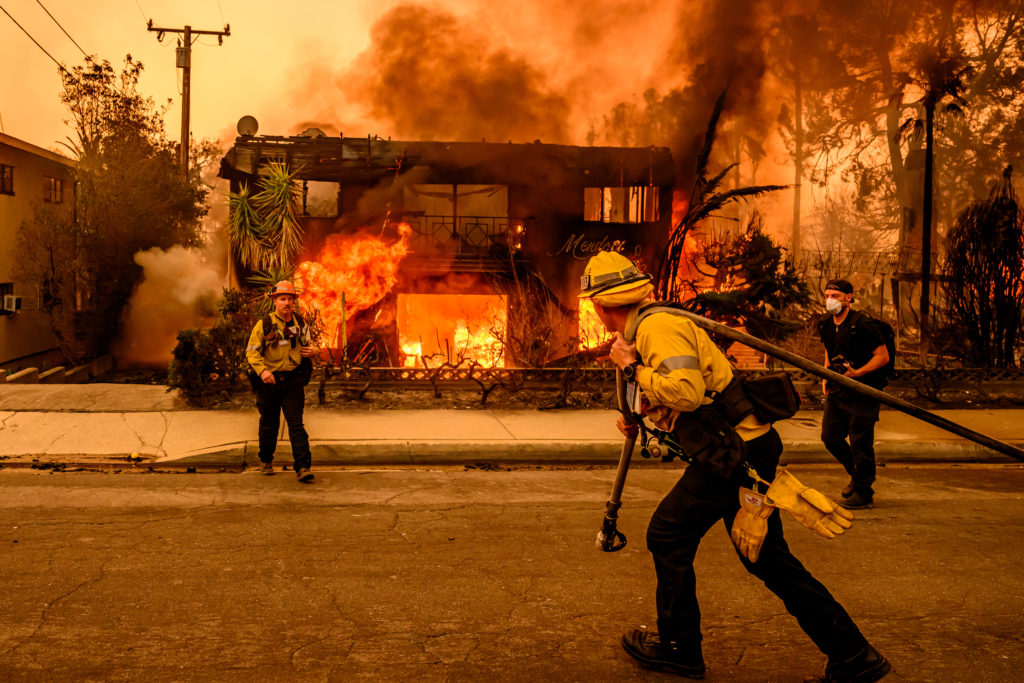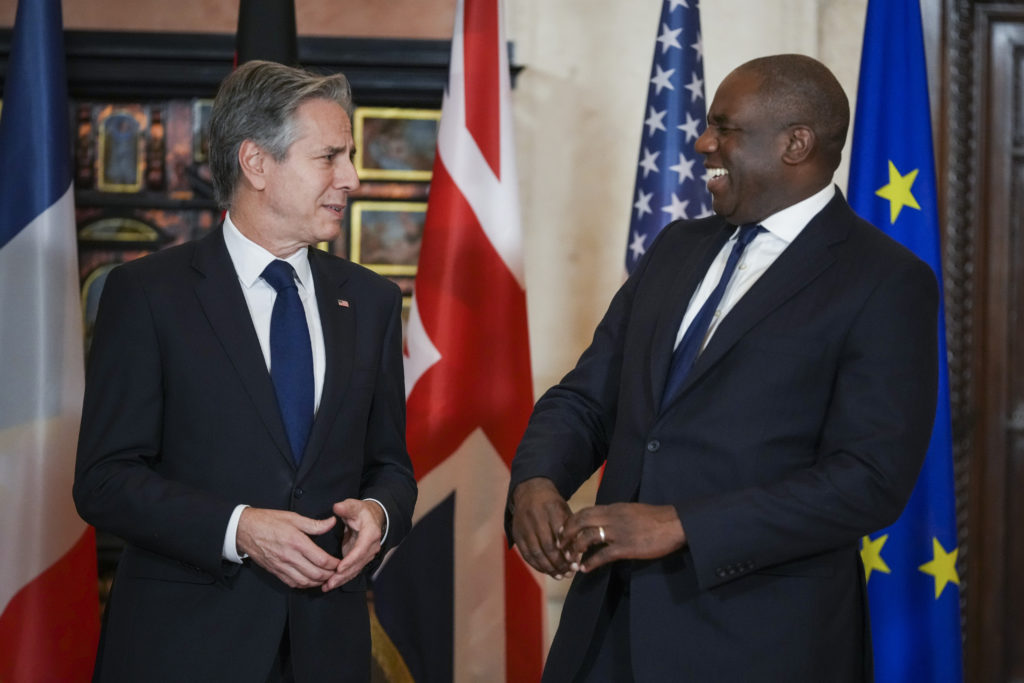Members of Ecuador’s influential indigenous movement blocked roads Tuesday to protest fuel price hikes as the country, in the midst of a state of emergency, battles challenges on multiple fronts.
Protesters used rocks and burning tires to disrupt traffic in five of Ecuador’s 24 provinces, including Pichincha, of which the capital is Quito, according to the government’s public security agency.
“We made this (protest) call to reject everything the national government is imposing,” Julio Cesar Pilalumbo, one of the organizers, told AFP at a roadblock in Zumbahua in central Ecuador.
“We will resist and we will not give in to any repression,” he added.
Fuel prices have nearly doubled since last year.
Last Friday, rightist President Guillermo Lasso announced another price hike to $1.90 for a gallon (3.8 liters) of diesel (up from $1 in 2020) and $2.55 for petrol — though he promised this would be the last increase.
Protesters under the umbrella of the Confederation of Indigenous Nationalities of Ecuador (Conaie) want the price capped at $1.50 for diesel and $2 for petrol.
The Conaie movement is credited with helping topple three presidents between 1997 and 2005, and in 2019 led successful protests against the government’s scrapping of fuel subsidies as required by the International Monetary Fund.
It was too little and too late to assuage widespread discontent with economic policy in a country that exports oil but imports much of the fuel it consumes.
Indigenous people represent 7.4 percent of the country’s 17.7 million inhabitants.
Lasso, facing the largest protests since taking office in May, warned Monday the government would move to “prevent the closure of roads” which he said was prohibited by law.
He had declared a 60-day state of emergency last week to tackle rising crime and violence blamed on rivalry between drug traffickers in the country nestled between the world’s two biggest cocaine producers: Colombia and Peru.
– Soldiers on the streets –
The state of emergency allows for the deployment of troops in support of police on Ecuador’s streets in the fight against crime, which last week claimed Ecuador’s 200 meters world bronze medalist Alex Quinonez in a shooting in the port city of Guayaquil.
It does not entail any limitation on freedom to demonstrate or assemble.
Ecuador is in the grip of an economic crisis aggravated by the coronavirus pandemic, with external debt at almost $46 billion (45 percent of GDP) and a fiscal deficit of five percent of GDP.
Poverty affects about 47 percent of the population, and nearly a third of people do not have a full-time job.
Violence has also consumed the country’s prisons, where horrific armed clashes between inmates with links to drug cartels have left about 240 dead this year.
Lasso is facing a parliamentary investigation over Pandora Papers revelations that he allegedly hid millions in assets overseas.

